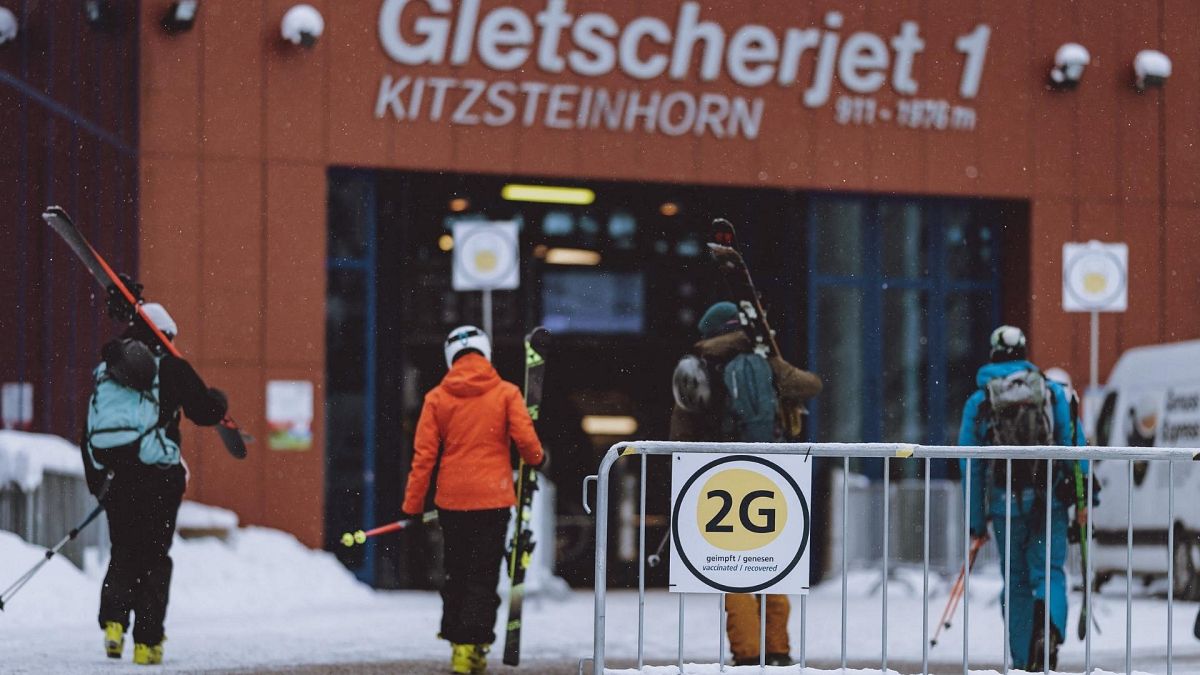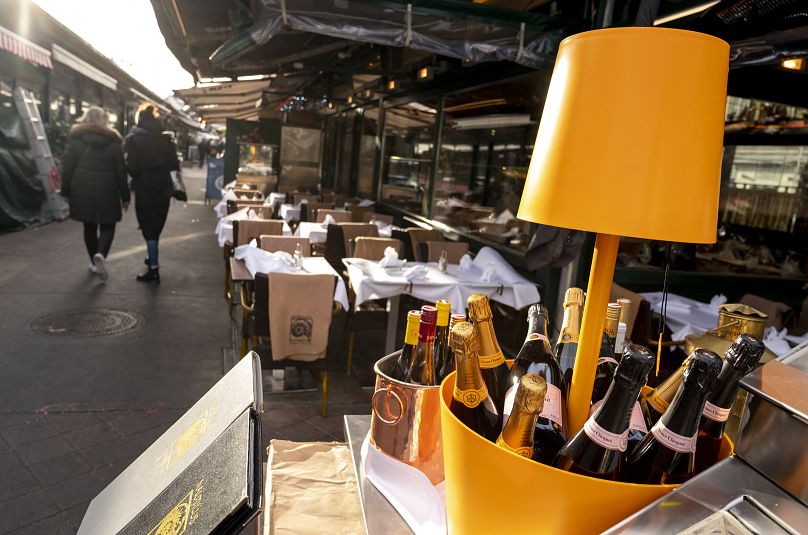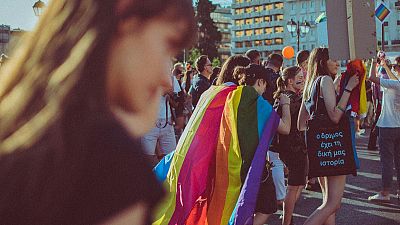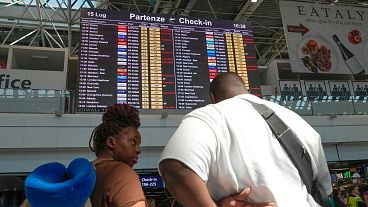As national lockdown comes to an end, Austria is reopening for most international travellers.
With COVID infection rates dropping, Austria is gradually ending its three-week national lockdown.
Different regions of the country are now given the power to loosen or tighten their restrictions depending on the local situation. It is expected that most restrictions should be lifted by the 20th of December.
Chancellor Karl Nehammer has called it “opening with a seatbelt”.
This means that travel without quarantine is now possible from most European countries for those who are vaccinated, recovered or have a negative PCR test.
But stricter rules may apply during your stay than are required for entry - particularly for those who are unvaccinated.
What do I need to enter Austria as a tourist?
One of three documents is required to enter the country. Travellers must have either a negative PCR test no older than 72 hours, a vaccine certificate or proof of past infection.
If you are travelling from a country not on Austria’s safelist you will need to complete a pre-travel clearance form. You can find the full list of safe countries and regions here. Currently, entry from Botswana, Eswatini, Lesotho, Mozambique, Namibia, South Africa, and Zimbabwe is not possible.
While you are in Austria, however, only proof of vaccination or past infection will be accepted to enter any type of accommodation, restaurants, bars, nightclubs, theatres and to use cable cars or ski lifts. A negative COVID-19 test will not be sufficient.
Are hotels in Austria open?
Hotels and other kinds of accommodation are now open but with a number of restrictions in place.
At check-in you will be required to show proof of vaccination or past infection. In Austria, these are known as “entry tests” and are not the same as the usual COVID tests (lateral flows or PCRs). COVID tests are no longer permitted as proof of admission - unless you cannot be vaccinated for health reasons.
This is part of the country’s 2G rule which applies to everyone over the age of 12. The rule requires you to be fully vaccinated in order to go to public places. It will also be required to use hotel services including restaurants.
Despite the end of national lockdown, different provinces have different dates for the opening of accommodation, restaurants, cafes and inns:
From 12 December: Tirol, Vorarlberg, Burgenland
From 17 December: Salzburg, Styria, Carinthia, Lower Austria
From 20 December: Vienna
In Upper Austria, the lockdown will end on 17 December. Find out more about updated restrictions in individual regions here.
What are the COVID restrictions for bars and restaurants?
Restaurants, bars and nightclubs will also require proof of so-called “entry tests” meaning full vaccination or past infection.
Buffets are still permitted if hygiene precautions such as disposable gloves and hand sanitiser are taken.
There is an 11pm curfew for restaurants and masks are required on public transport and in indoor spaces.
How long is my vaccination valid for in Austria?
Two dose vaccinations are only valid for nine months after the second dose. The single-dose vaccination by Johnson & Johnson is valid until 3 January 22. Following these time periods, a booster shot will be required for both.
Austria’s “entry tests” only allow vaccines that are approved by the EMA including BioNtech/Pfizer, AstraZeneca, Johnson & Johnson and Moderna.
You will only be considered vaccinated if you have had both doses or, for vaccines that only require one dose, on the 22nd day after you receive it.




